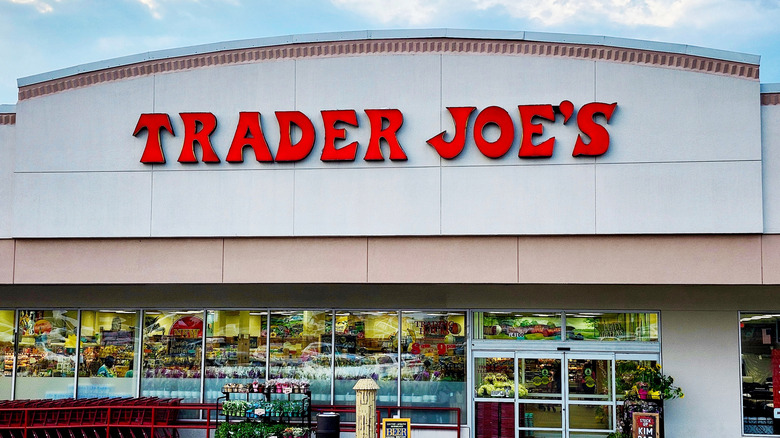The Local Boston Grocery Store Chain That Just Closed All Of Its Locations
A grocery store chain in Boston known for servicing its community with healthy and affordable food has closed its doors for good. Daily Table has four locations and plans to sell its remaining inventory at a discount until it clears everything off of its shelves. What's notable about Daily Table is its mission, which was to deliver a combination of SNAP-eligible food items such as fresh produce and pantry goods, while keeping prices for other items low at the same time.
The reason the grocery store has been forced to close is because it has lost federal funding which it claims it needed to continue operating combined with the fact that food costs continue to rise. While most of the operating costs were covered by store sales, the loss of federal funding and philanthropic support has become a major issue and the business was unable to sustain itself.
Daily Table's announcement to the community said that during its time, it was able to serve over three million customers, saving the community over $16 million. Considering how expensive it is to eat healthy, unprocessed food, this is guaranteed to be a big hit to Boston and those who relied on its services.
Daily Table was started by a former grocery store president of a much bigger chain
Daily Table has been in operations for 10 years and was founded by Doug Rauch who worked for the wildly-successful Trader Joe's chain for 31 years, serving 13 of those years as president. His approach to Daily Table was to use high quality, nutritious products that would potentially go to waste. In an interview with Acumen Academy's ReFED, Rauch said he "realized that hunger in America is really not a shortage of calories, it is a shortage of nutrients."
It wasn't about feeding those in need with expired or otherwise undesirable goods, either. Rauch achieved his goal by going up the supply chain and getting products straight from manufacturers and farmers. Some of these items were ones manufacturers wouldn't have been able to move to retailers before their expiration — essentially getting that food directly to customers with time to spare. Negotiations with farms allowed Daily Table to sell perfectly good produce to the community as well without necessarily having to resort to food which would otherwise be thrown away.
The organization hopes there'll be another way to fill the community gap, but for now, there aren't any other groups like it in Boston. As it stands, Daily Table's loss is one the community will definitely feel.

